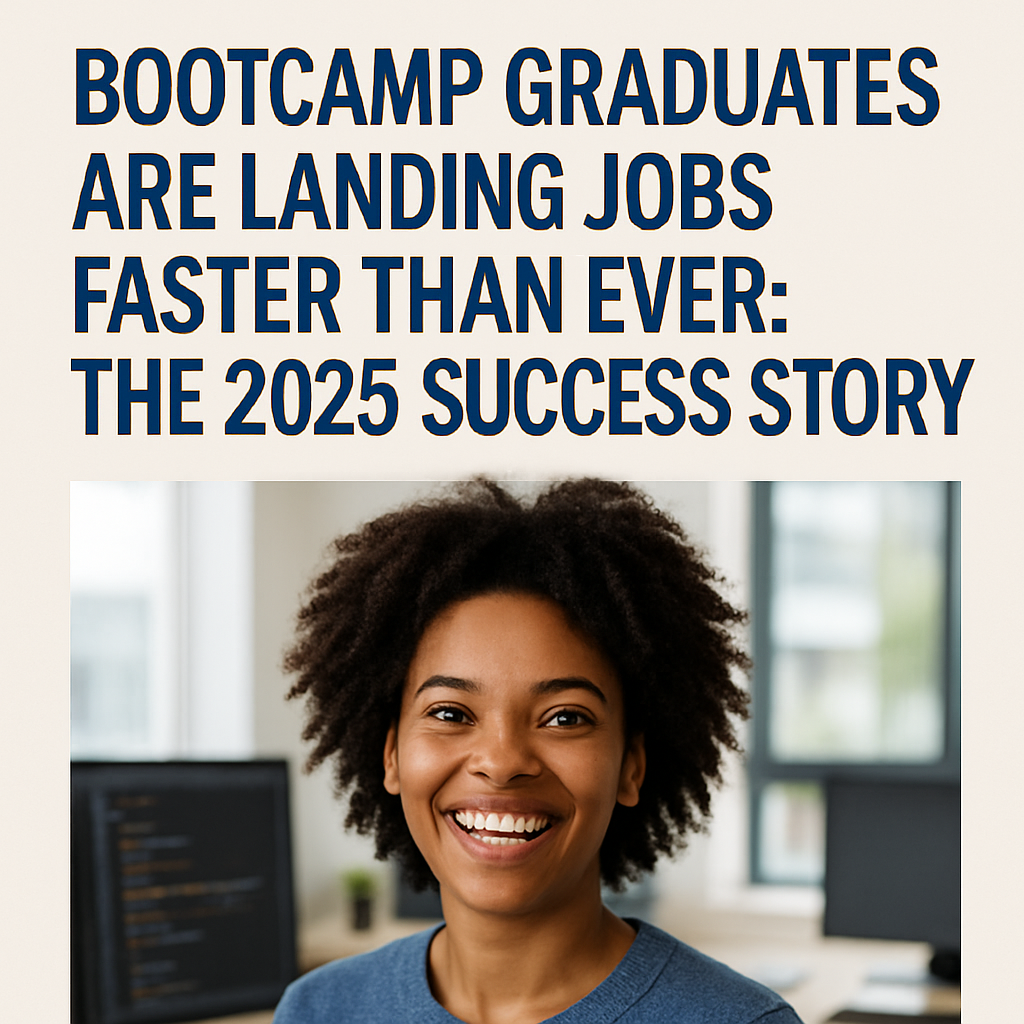Software testers who ignore AI will become obsolete. That’s not fear mongering. That’s reality from hiring managers watching the profession transform in real time.
A QA Lead at a major tech company said it clearly: “When we hire new QAs, I always pay attention to how candidates talk about AI. If someone reacts negatively, it’s a red flag. It usually means they haven’t explored AI tools enough or they lack the critical thinking to evaluate them properly.”
The division is stark. Testers who leverage AI grow faster, communicate better, and spend less time on repetitive work. Those who resist get left behind. Survey data reveals that 74% of IT professionals worry AI tools will make their day to day skills obsolete, and 69% believe they’re at risk of being replaced by AI. Meanwhile, 96% are prioritizing staying current with AI skills to ensure job security.
The message is clear. AI won’t replace QA professionals. But QA professionals who use AI will replace those who don’t.
Prompt Engineering: The Skill Nobody Saw Coming
Prompt engineering has emerged as the most unexpected critical skill for QA professionals. It’s essentially asking better questions, but to AI instead of humans. Testers who master this skill report cutting test case creation time by 98% while improving coverage.
Writing effective prompts for test cases mirrors writing clear requirements. The more context you provide, the better the output. Industry experts suggest a simple structure: define the role, add context about what you’re testing, then set the output format you want.
Instead of asking “Test the login page,” an effective prompt looks like this: “You are a senior QA engineer. Create comprehensive test cases for a login page considering different user roles including admin, standard user, and guest. Include edge cases for password validation, account lockout scenarios, and session management. Format as a table with columns for test case ID, description, preconditions, steps, expected result, and priority.”
One QA professional working on a major retail project used prompt engineering to test how menu item availability synced to the ordering system. Traditional approaches would have taken days. With carefully crafted prompts, the AI generated dozens of relevant test scenarios covering edge cases the team hadn’t initially considered, completing in hours what would have taken weeks manually.
Teams that used AI to automatically generate tests by visually analyzing real user session recordings expanded their test coverage 40% faster on average in the first month. This isn’t about replacing human judgment. It’s about amplifying what skilled testers can accomplish.
The Technical Foundation You Actually Need
Python has become non negotiable. It’s the language widely used in AI and machine learning, making it essential for QA professionals working with AI driven testing tools. You don’t need to become a software engineer, but basic coding skills now differentiate who gets hired and who gets passed over.
Data analytics skills matter more than most testers realize. AI thrives on data. Skills in data interpretation and analysis help you understand AI generated reports, train AI models, and optimize testing strategies. When AI identifies patterns in test failures, you need to interpret what those patterns mean for product quality.
Understanding of neuro linguistic programming, business intelligence, math optimization, and algorithmic analysis allows QA teams to better understand and leverage AI tools. This creates more sophisticated testing frameworks and empowers QA professionals to contribute strategically to product development.
Machine learning fundamentals separate good testers from great ones. You need basic knowledge of supervised versus unsupervised learning, deep learning versus neural networks, and natural language processing. This understanding helps you anticipate how AI technologies integrate into QA processes and what their limitations are.
Soft Skills That Machines Can’t Replicate
Critical thinking has become the most important skill. AI can make mistakes. The real QA superpower is questioning AI output. Does this make sense for my product? What assumptions did the model make? What’s missing?
Critical thinking separates a button pusher from a problem solver. AI doesn’t replace judgment. It requires it.
Creativity and problem solving remain distinctly human capabilities even as AI handles procedural tasks. As testing becomes more automated, the ability to think creatively about edge cases, user behaviors, and failure scenarios becomes more valuable, not less.
Communication skills matter more in an AI driven environment. QA professionals now translate insights from AI systems into business impact. You’re explaining complex technical issues to non technical stakeholders, collaborating across development and operations teams, and aligning every release with measurable outcomes.
Tools and Certifications That Actually Matter
ChatGPT, GitHub Copilot, and similar large language models turn natural language prompts into code. QA engineers are already using these tools to generate automated test scripts, debug flaky tests, and learn new frameworks faster. Even if you’re not a developer, AI helps you read and understand code more confidently.
The ISTQB AI Testing Certification has become a signal to employers that you understand testing AI based systems and using AI for testing. Nearly 1 in 4 U.S. tech jobs posted this year are seeking employees with artificial intelligence skills. AI related job postings saw a 184% increase compared with the prior year.
Familiarity with Jira, Postman, Selenium, and SQL remains table stakes. But now you need exposure to newer tools like Playwright, which teams adopt for its stability and cross browser capabilities. Understanding how to integrate these tools with AI driven platforms gives you an edge.
KaneAI, Aqua Cloud, Virtuoso, and similar AI powered testing platforms are becoming standard. These tools use natural language processing and self healing capabilities to increase testing speed without deep coding knowledge. Hands on experience with at least one AI driven testing platform makes you immediately more valuable.
Emerging Roles You Should Know About
New positions are materializing as AI reshapes QA. AI QA Strategist, Machine Learning Test Specialist, and AI Ethics Officer require combinations of traditional QA expertise, deep AI understanding, and strategic thinking.
Testers are transitioning into hybrid roles blending traditional skills with expertise in AI, DevOps, and automation. The modern QA professional is an automation expert, AI literate, and proficient with DevOps practices. You collaborate with development, operations, and business teams, building bridges across the software lifecycle.
Test Architects and AI/ML Test Engineers at senior levels command salaries past $200,000. The earning potential exists for professionals who master cutting edge technologies like AI powered testing, security compliance, and cloud DevOps automation.
How to Actually Upskill Without Getting Overwhelmed
Start small. Use AI for one report, one test plan, or one data generation task per week. Within a month, you’ll see real productivity gains and start thinking differently about what’s possible.
Join QA and AI focused forums and online communities. Attend relevant conferences providing insights not easily gained through traditional learning. Regularly updated online courses, webinars, workshops, and certifications help you stay current with developments.
Build a personal prompt library. Document prompts that work well for your testing scenarios. Share them with your team. Learn from each other’s successes and failures. Great teams that build and share prompt libraries improve faster than those where everyone works in isolation.
Practice continuously. Prompting is not something you instantly master. You need to train AI carefully because output completely depends on input. The more you practice, the more you shift focus from repetitive tasks to finding bugs that actually impact users.
What Happens If You Wait
The division between testers who adapt and those who don’t grows wider every month. Companies are actively seeking candidates who demonstrate AI literacy during interviews. Resistance to learning AI tools signals an inability to adapt, which employers interpret as a liability.
Change will be constant in an AI dominant future. QA professionals must adopt a mindset of lifelong learning. The tools you master this year might evolve significantly by next year. Staying static means falling behind.
The good news? The barrier to entry for these skills is lower than it appears. You don’t need a PhD in machine learning. You need curiosity, willingness to experiment, and commitment to consistent practice. The resources exist. The opportunities exist. What matters is whether you’ll take the first step.



